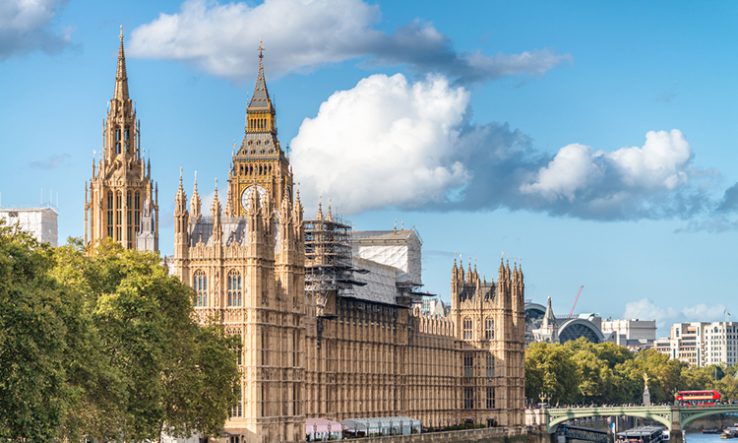
Image: GagliardiPhotography, via Shutterstock
Government allocates more than 9,400 places following bid process
The government has allocated more than 9,400 additional places on engineering, science and healthcare courses for the next academic year, the Department for Education has announced.
A total of 10,000 additional places on healthcare courses or courses the DfE describes as “of strategic importance” were made available following the introduction of the temporary student number cap earlier this year.
In total 3,859 of the 5,000 available places for courses of strategic importance were successfully bid for by 38 providers. All bids that met the set criteria have been accepted, the DfE confirmed.
There were a total of 5,611 additional healthcare places, for which the Department for Health and Social Care has accepted bids. It means 9,470 of a possible 10,000 places have been allocated. Bids have now closed, with those from institutions with poor continuation rates deemed ineligible.
Michelle Donelan, the universities minister, said the coronavirus outbreak “will not stop us from boosting growth in vital subjects like science, engineering and maths”.
“These courses not only deliver some of the best outcomes for students, they will also be integral to driving innovation, helping our public services and building the skills the country needs,” she said.
Bids for extra places were assessed on “the quality of each provider, including their rates of continuation and graduate employment outcomes”, the DfE said.
Meanwhile, the DfE has published separate data on the number of applicants to teacher training programmes.
Between 15 June and 20 July, there were 91 per cent more applications to teacher training than the equivalent period last year. Between 17 February to 20 July this year applications were up 32 per cent.
Up to 20 July, there have been 117,300 applications to teacher training courses. There were 28,949 final year postgraduate trainees in 2018-19, up 4 percent compared with the previous year. Of these, 91 per cent were awarded qualified teacher status—the same proportion as in the previous year.
“There has been national recognition of the incredible work of teachers during this pandemic,” education secretary Gavin Williamson said. “Teaching has always been an attractive career but it’s good to see a continued surge in the number of people looking to enter the classroom.”
Nansi Ellis, assistant general secretary at the National Education Union, said the increases were “desperately needed, because the government does not yet seem to have stemmed the flow of teachers leaving the profession”.
“Government needs to do more for those teachers who completed their training during the period of school closures,” she added. “Those who have found jobs are likely to need increased support during this next year, as they missed out on supported teaching experience during the summer term.”
A government-coordinated response is needed to ensure the Covid-19 pandemic does not have a detrimental impact on the quality of teacher training in England, a report has claimed.
A report published on 29 July by the MillionPlus group of universities and the National Association of School-Based Teacher Trainers called for a government-coordinated response to ensure the Covid-19 pandemic does not have a detrimental impact on the quality of teacher training in England.